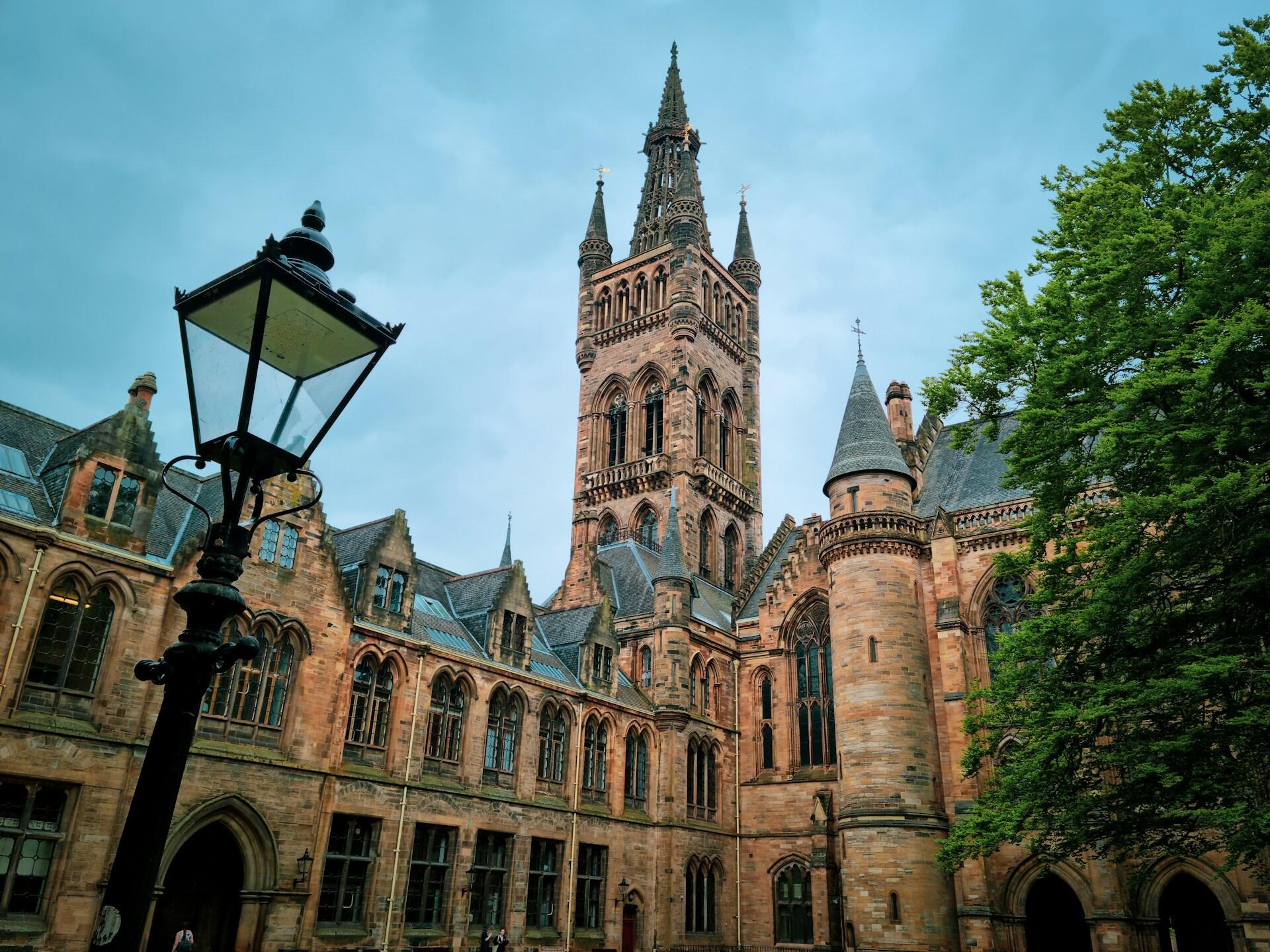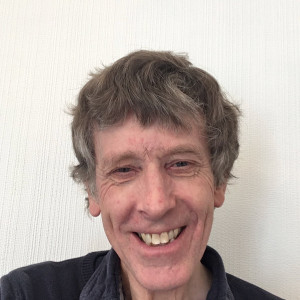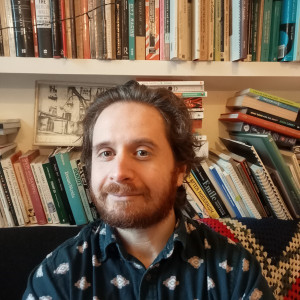Scotland has an intimate connection with literature. We tout Walter Scott's Waverly as the world's first historical novel, and writers like James MacPherson and Robert Burns are Scottish literature standard bearers. So, it's no surprise that six of this country's top universities offer English literature courses. This article explores these schools and their programmes in depth.
| 🏫School name | 🎫Admissions requirements | 📜Course particulars |
|---|---|---|
| University of St Andrews | SQA Highers: AAAAB–BBBB A-levels: A*A*A*–ABB IB: 38–36 | 5 programmes available 4-year Honour programme Dual degree tracks available. Optional 5-year Master's programme |
| University of Strathclyde | Scottish Highers: AAAA–AAB A-level: AAA–BBB, depending on the programme | 3 BA Honours programmes available |
| University of Dundee | 96 UCAS points | 1 MA Honours programme: English and creative writing 4-year track |
| University of Edinburgh | Admissions requirements vary by programme | 20 courses available All 4 years, full time All MA Honours courses |
| University of Aberdeen | Contact admissions for criteria | 1 programme available MA Honours, 4-year, full time |
| University of Glasgow | Admissions criteria through university | 36 programmes available 2 LLB Hons degree programmes; all others MA Honours All 4-year programmes. |

University of St Andrews
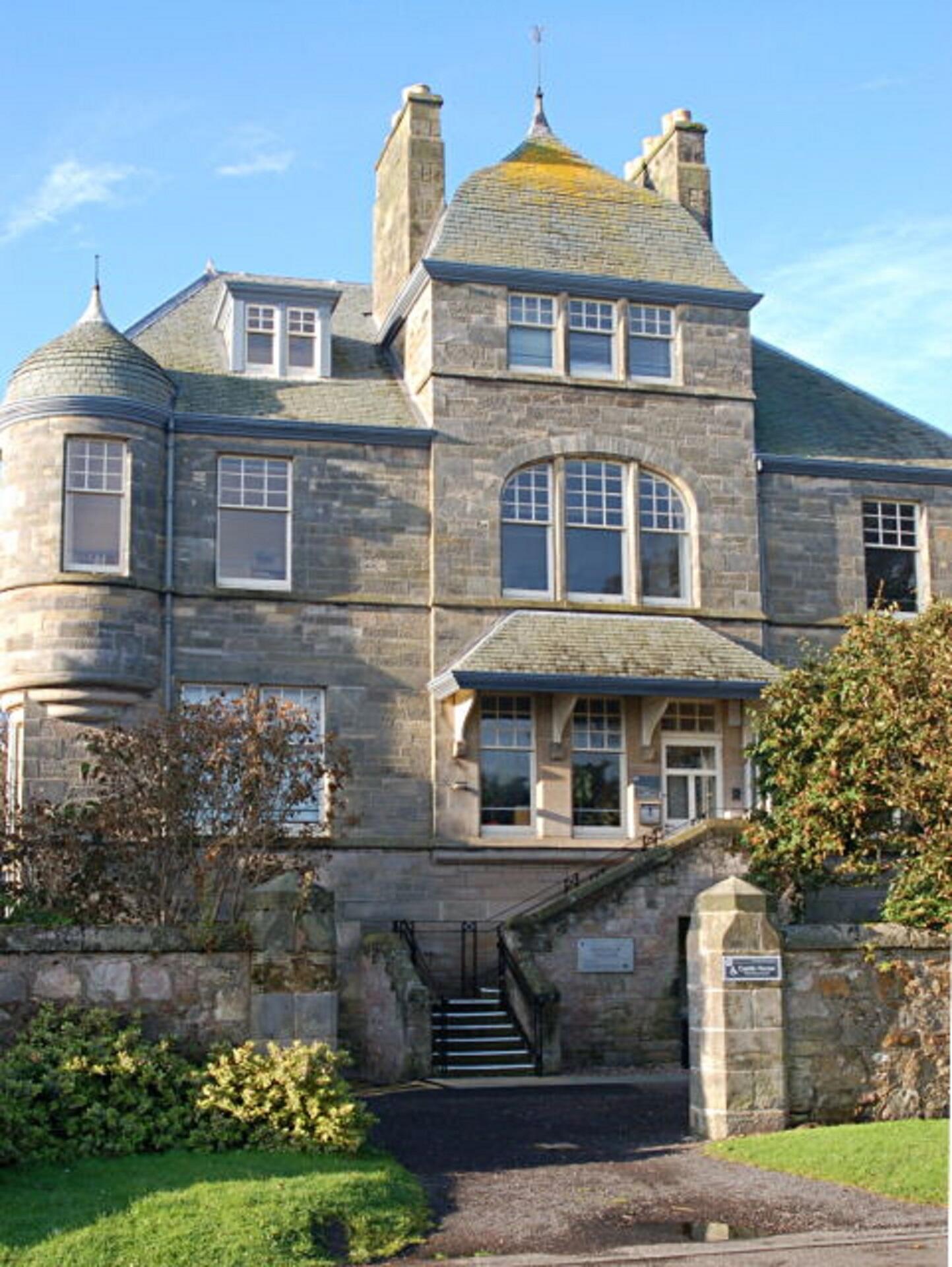
This venerable institution ranks among the oldest universities in English-speaking countries. Founded in 1413, its teachers have turned out some of the world's most influential politicians and business leaders. Its roster includes five Nobel Prize winners: two in medicine-physiology, and three for chemistry discoveries.
St Andrews is no slouch when it comes to literature, either. This school presents five options to earn your BA English Lit, the simplest of which is a four-year International Honours programme.
A second programme, Comparative Literature and English, explores a range of texts from the Middle Ages to the contemporary.
This school maintains one of the UK's most extensive university library collections. It comprises more than a million works, among them are 200,000 rare and antique books.
This school's three remaining programmes include a language component:
English and Latin
English and Russian with a year abroad
English and Russian
St Andrews ranks among the most competitive to access. Top grades, a powerful personal statement, and a combination of personal factors decide who gets in. The best application packages all feature these markers:
Notable People
Prince William and Princess Catherine may be today's most high-profile St Andrews alumni. Beyond them, as the third oldest university in the English-speaking world, its list of notable people is very long.
Besides members of royalty, it includes politicians, athletes, actors and, of course, authors. In fact, St Andrews' list of renowned persons rivals Cambridge and Oxford's English literature notable alumni.
University of Strathclyde
... for the good of mankind and the improvement of science, a place of useful learning.
John Anderson
This is Glasgow's second-oldest university, Scotland's third-largest school, and the UK's first technical university. It gets its name from the historic kingdom of the same name. Initially called the Andersonian Institute after its founder, John Anderson, it opened its doors in 1794. This school received its royal charter as a technical university in 1964.
A University of Glasgow physics professor, his dying declaration was to fund a second university in Glasgow, one focused on 'useful learning'.
The school began as a 'technical' university, focused on science studies. Indeed, science and engineering still claim the lion's share of this school's portfolio. As such, we can forgive this school for not prioritising English literature courses. Still, the programmes available offer students enticing learning possibilities.
The English with Creative Writing programme is standard; a combination all the top universities for English Literature studies offer. But then, Strathclyde challenges its students to three-pronged learning tracks:
English and Creative Writing and Spanish
- 4-year, full-time programme
- Modular subject study
- All subjects are learnt simultaneously
- No prior Spanish knowledge required
English and Creative Writing and Education
- 4-year, full-time programme
- subjects studied simultaneously
- required A-Level grades: ABB-BBB
- subject ranking 19th (Complete University Guide)
This school boasts a 100% employment rate after graduation and a 4.4/5 student satisfaction rating (according to the What University Student Choice Awards - WUSCA).
Notable People
Throughout its long history, Strathclyde has educated heads of state, captains of industry and masters of science.
John Logie Baird, inventor of the television and colour broadcasting technology, is a Strathclyde alumnus.
Alex Kapranos, lead singer and guitarist of the Scottish band Franz Ferdinand, was voted Alumnus of the Year for 2005.
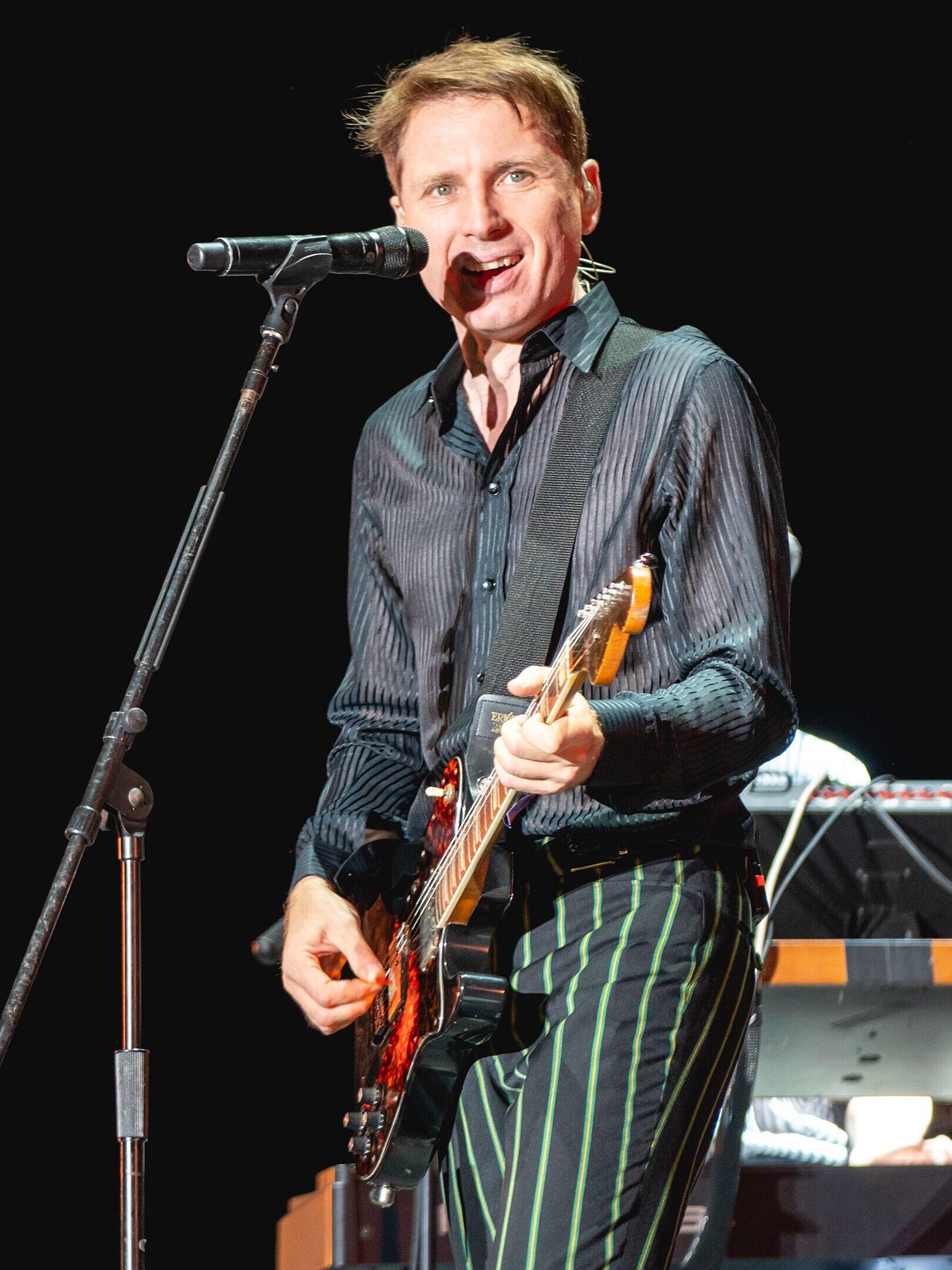

University of Dundee
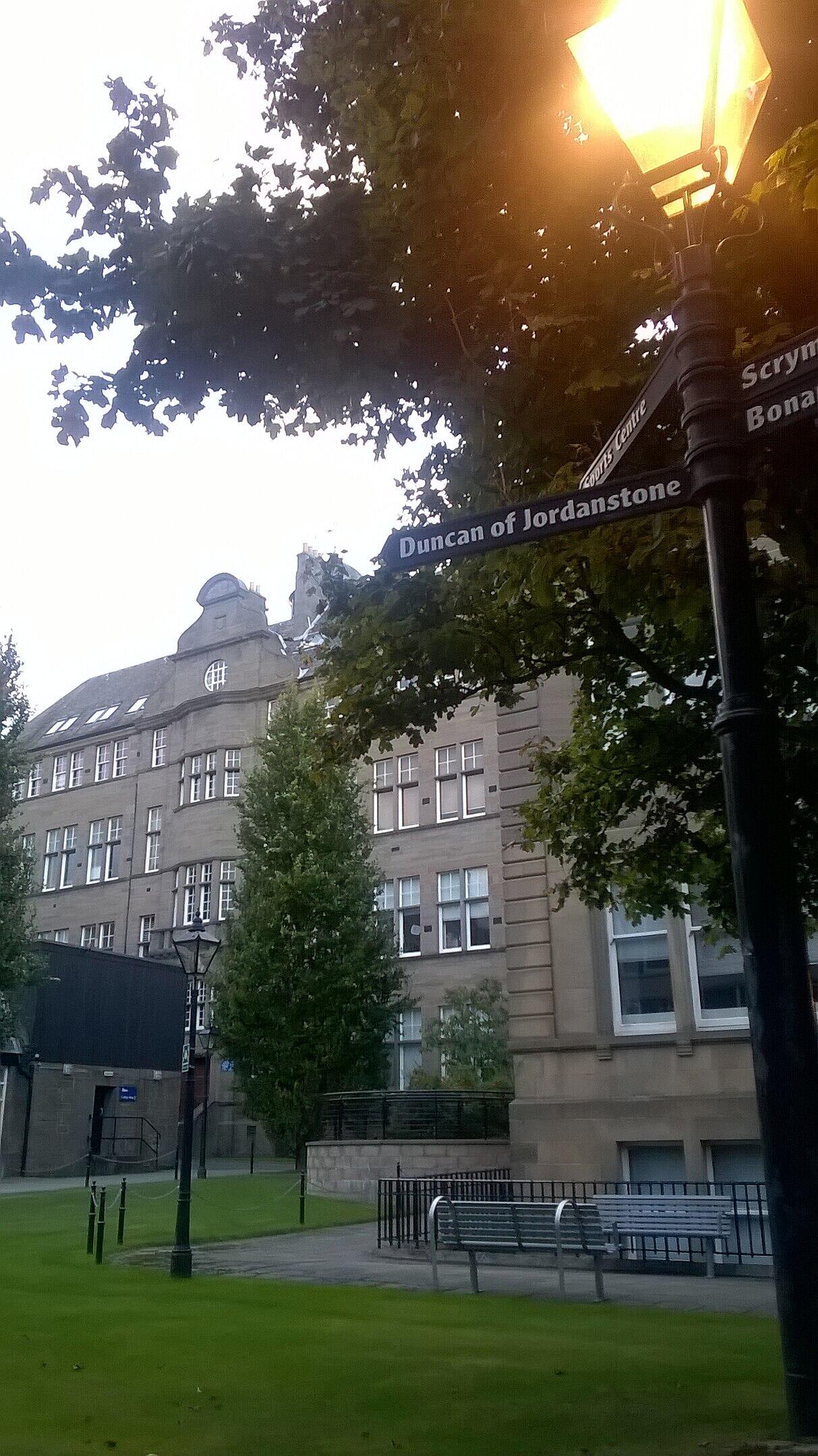
This university started as a constituent college of St Andrews, gaining independent status in 1967.
Law and Medicine are this school's main focus, with Design and Art trailing the more popular programmes.
In 1881, its founding year, its leaders intended it for "promoting the education of persons of both sexes and the study of Science, Literature and the Fine Arts".
This school offers 12 undergraduate courses in English Studies.
However, only one focuses on English literature.
Dundee takes an unusual approach to students declaring their majors. Learners may study any subject they want, settling on their chosen course only after their second year. This gives students the flexibility to sample many learning pathways before dedicating themselves to the one they wish to pursue. Along the way, students may attend workshops, seminars, and other enrichment initiatives.
Students may spend their summer on campus studying creative writing as a standalone module.
Accessing Dundee's English degree offerings is not as competitive as some top UK universities, such as Manchester's English programmes. You've no required courses to take, and the A-Level requirements are reasonable.
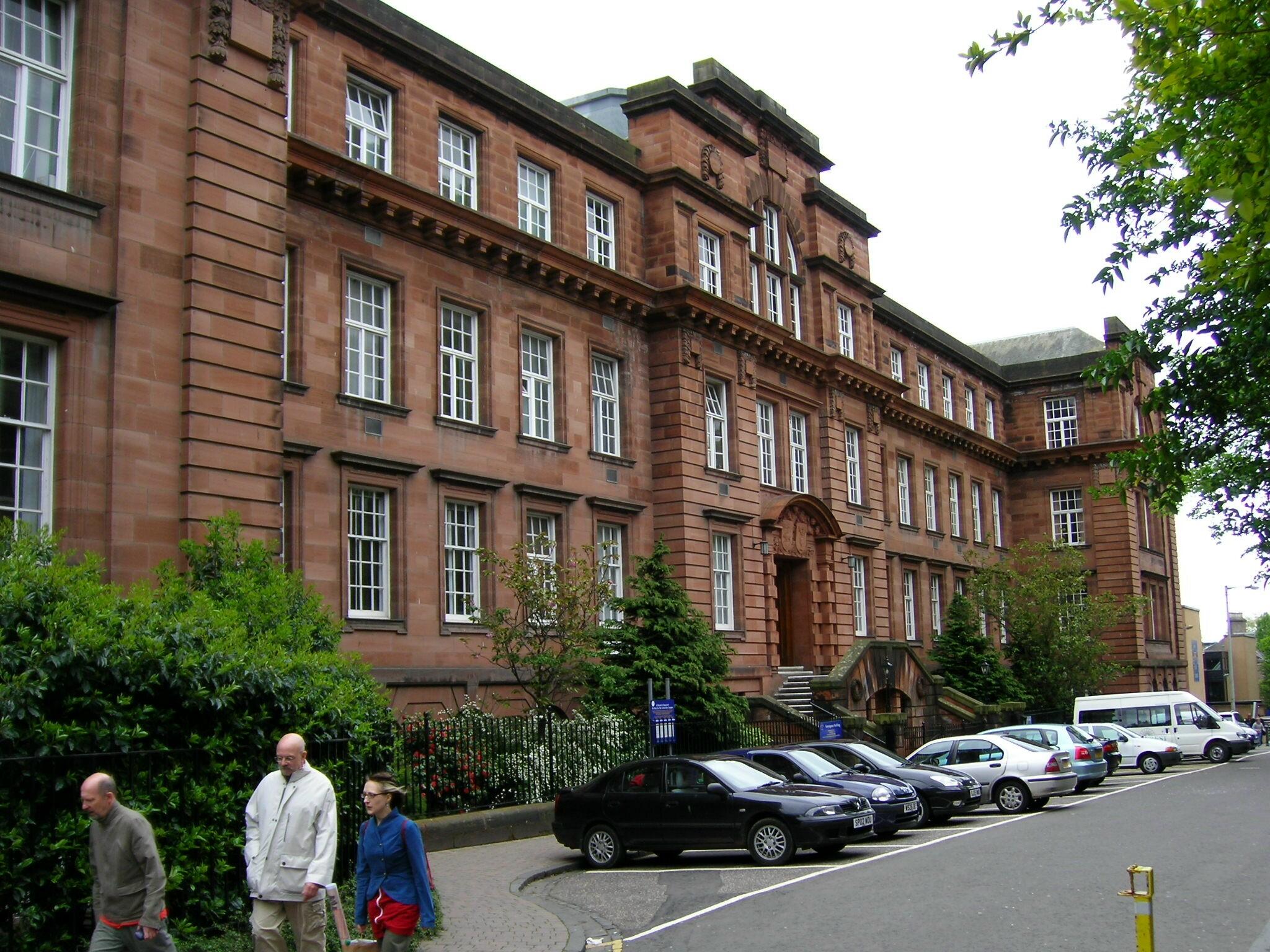
Notable People
The University of Dundee boasts a long list of renowned alumni, mainly in the fields of science, medicine, politics and engineering. It features two Nobel laureates:
Sir James Black
- pioneered rational drug design
- developed two major drugs
- served as university chancellor
Ronald Coase
- established the Coase Theorem
- pioneer of economics studies
- served as an economics lecturer
University of Edinburgh
This public research university is one of Scotland's four ancient universities, and the English-speaking world's sixth oldest in continuous operation. It formed a hub of the Scottish Enlightenment, which led to its nickname: the Athens of the North. In prestige alone, this university rivals London's top schools for literature.
As one of the top-rated UK universities, entry to this school is competitive, but its rewards are exponential. Here, English Literature is a subject unto itself, not an add-on to general English studies.
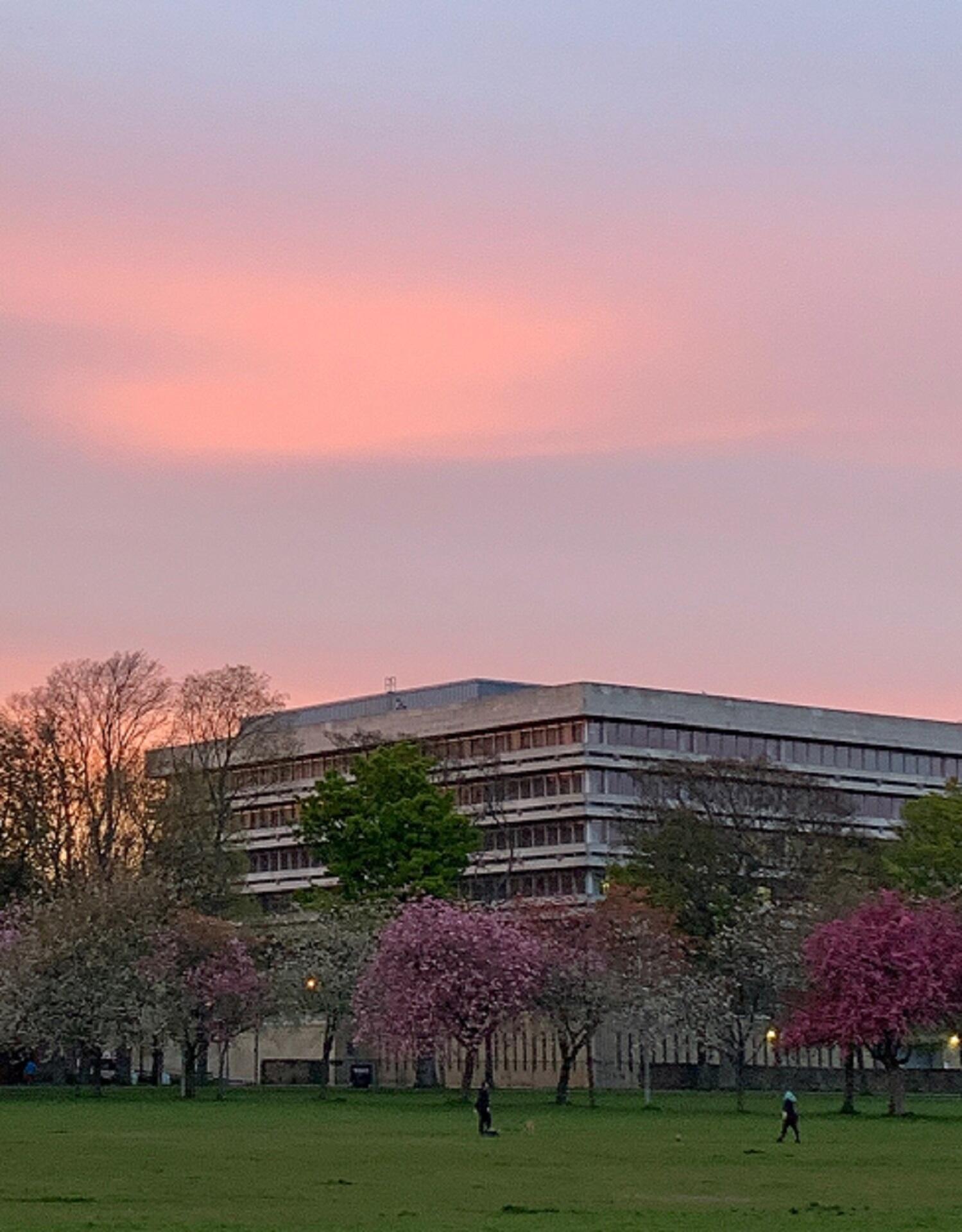
Student-applicants have 20 degree plans to choose from, many of which include foreign language studies. This table presents a sampling of the most popular offerings:
| 📖Course title | 🔎Overview | 🏫Entry requirements |
|---|---|---|
| English and Scottish Literature MA (Hons) | 4 years, full-time cultural contexts of writing in English, from the late Middle Ages to the present. | A-Levels: A*A*A* to A*AA English Literature or combined English at B |
| English Language and Literature MA | 4 years full-time Study a wide range of texts and their cultural contexts. | A-Levels: A*A*A to AAA English Literature or combined English at B. |
| Philosophy and English Literature MA | 4 years full-time Engage with a broad range of texts from around the world and a variety of approaches to reading. | A-Levels: A*A*A to AAB English Literature or combined English at B |
| English Literature and History MA (Hons) | 4 years full-time Understand today's world while shedding light on the past. | A-Levels: A*A*A* to A*AA English Literature or combined English at B |
| English Literature and Classics MA (Hons) | 4 years full-time Study Ancient Greek and Latin texts, and their influence on English writings. | A-Levels: A*A*A* to A*AA English Literature or combined English at B |
| History of Art and English Literature MA | 4 years full-time Study the shared methodologies and historical contexts of both subjects. | A-Levels: AAB to ABB English Literature or combined English at B |
| German and English Literature MA (Hons) | 4 years full-time Study a broad range of texts in both English and German. Study 1 year abroad. | A-Levels: ABB English Literature or combined English at B GCSE: a language other than English at B or 6 |
| Religious Studies and English Literature MA (Hons) | 4 years full-time Study the links between religious questions and the production of literature. | A-Levels: ABB English Literature or combined English at B |
| Spanish and English Literature MA (Hons) | 4 years full-time Study a range of texts in both English and Spanish. | A-Levels: A*AA to AAA A language other than English at B English Literature or combined English at B |
| Celtic and English Literature MA (Hons) | 4 years full-time study the literatures, languages and cultures of the Celtic world, in parallel with English writings. | A-Levels: ABB English Literature or combined English at B |
If you'd rather focus on English literature exclusively, Edinburgh's MA Honours degree is the plan for you. You'll devote your first two years to literature exclusively. Starting in your third year, you'll begin critical practice, dissecting poetry and prose, and examining how written works become performance art.
The school doesn't disclose specific admissions requirements.
Rather, it provides a range of qualifying criteria to give applicants the greatest chance at acceptance.
University of Aberdeen
Established in 1495, this university has had a long time to streamline its learning initiatives.
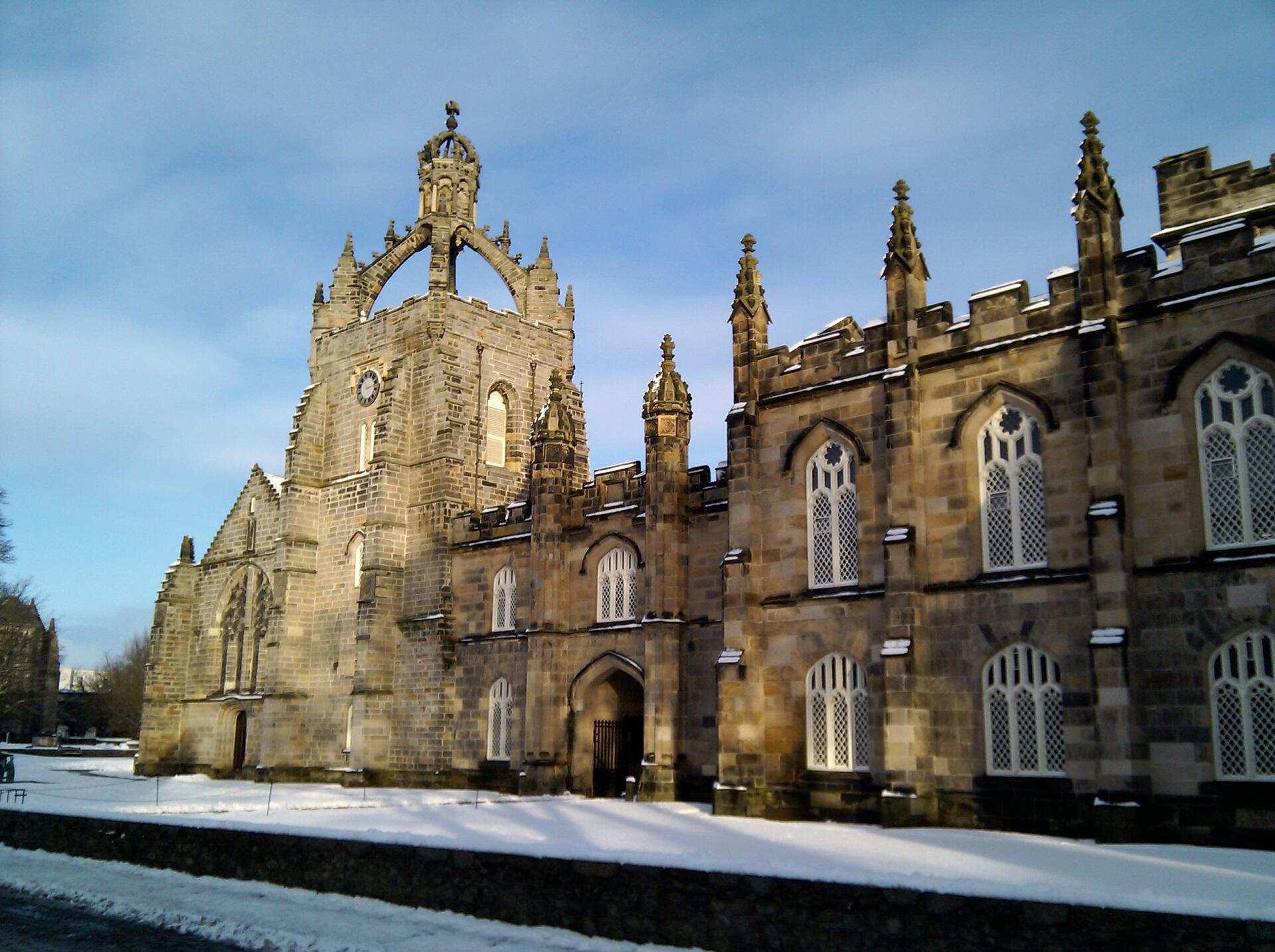
Like Edinburgh, this school is a public research facility and one of Scotland's four 'ancients'. It too enjoyed the fervour of Enlightenment discovery, a spirit that still manifests across campus today.
In 1860, King's College merged with Marishal College. Those two campuses remain Aberdeen's bookends, marking the boundaries of the old city. Within those buildings and across the city, innovation in education is the order of the day.
With its 149 offerings, this university is rich in literature and language study programmes.
However, only one degree plan focuses on English language and literature.
This four-year, single Honours course reaches into our language's Celtic and Anglo-Saxon roots. You'll study Old English texts to master their structure, and see how they compare to modern English written works. You'll run the timeline of English language evolution through its literary texts.
Notable People
Like other universities on our list, this school boasts a long list of renowned alumni. Among them, we find five Nobel Prize laureates:
- Frederick Soddy (Chemistry): for his work on radioactive substances
- John MacLeod (medicine): helped discover and isolate insulin
- George Paget Thompson (Physics): discovery of the diffraction of electrons by crystals
- Richard Synge (Chemistry): for inventing partition chromatography
- John Boyd Orr (Peace): for being the first Director-General of the United Nations Food and Agriculture Organization
University of Glasgow
Unlike the others, the University of Glasgow was founded by papal bull rather than a royal charter. So diverse and plentiful are this school's English literature offerings that we could do an entire article on them. But, in the interest of keeping Scotland's ancient schools together, we end our review with this university and its English Literature courses.
This university was among the first in Scotland to offer higher education to urban and middle-class populations.
Those weren't stingy offerings. Students from all levels of society could study medicine, law, business and, later, science. We see that intellectual generosity is reflected across today's Glasgow University campuses.
We risk letting that bounty run our page over so, rather than detail all 36 English Literature programmes, we highlight the faculty's single-degree course of study.
Unlike literature studies at Durham University, University of Glasgow students have many role models to look up to. Those include seven Nobel laureates - none for literature, unfortunately.
Summarise with AI:

